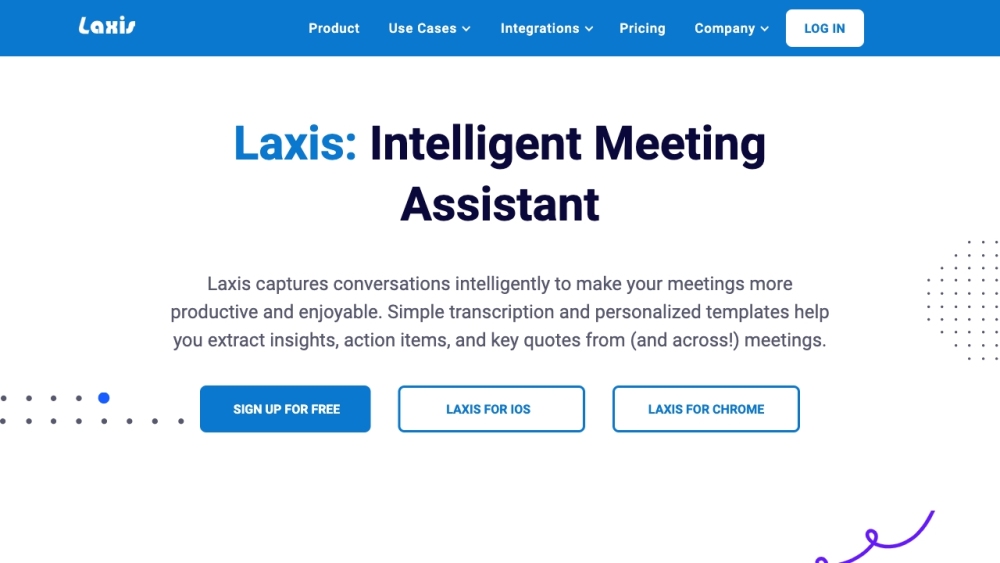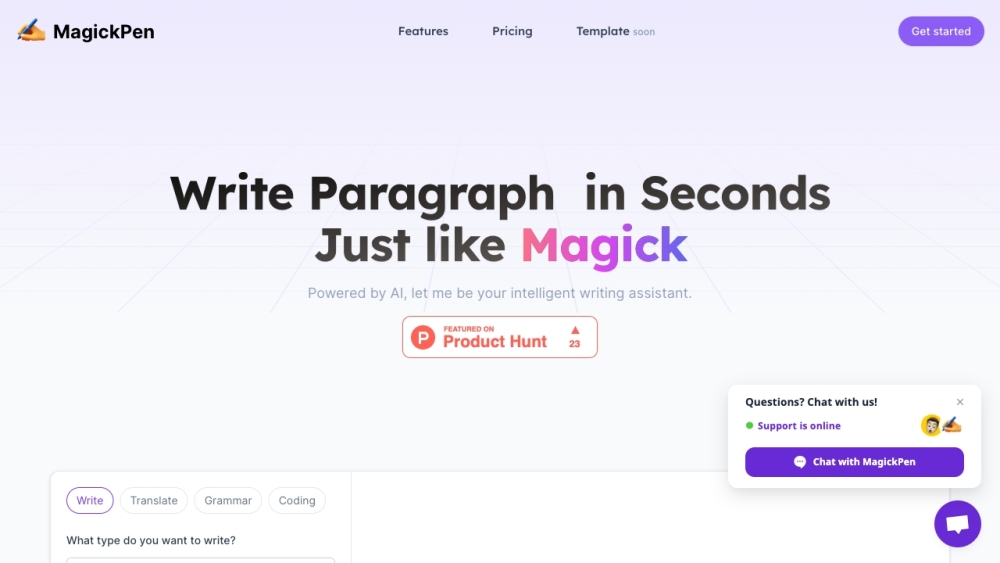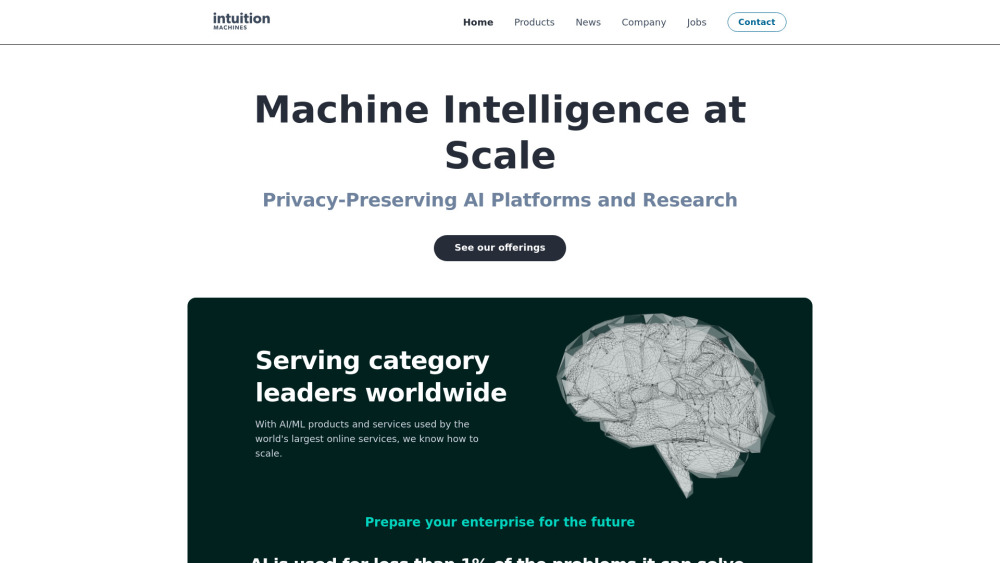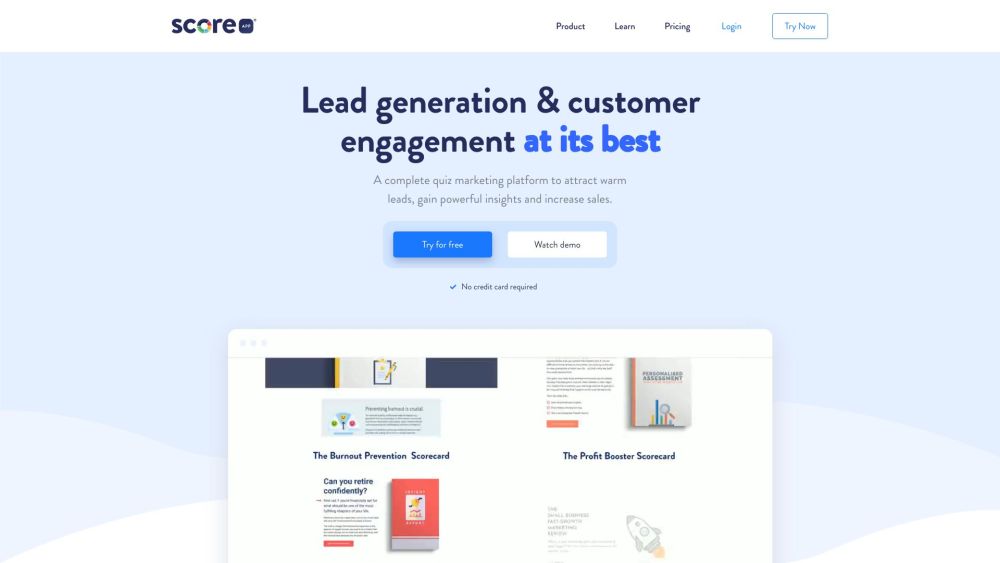Can AI Enhance Personal Productivity with an Innovative Filesystem?
That's the goal of the newly launched startup, Fabric. The company has developed an AI-driven service designed to help you effortlessly organize your documents and files, creating a centralized digital workspace that can be queried through an intuitive AI assistant.
Fabric’s functionality shares similarities with Google’s Bard AI, which interfaces with Google apps like Gmail, Drive, and Docs, as well as Rewind's capability to create a searchable history of your computer activities. However, unlike Bard's dependence on Google apps or Rewind’s intrusive logging, Fabric is an opt-in solution compatible with a variety of files and uploads. Currently, it supports all text-based documents, images, bookmarks, and internet links, with future updates planned for audio and video formats, along with integrations with additional cloud services.
Founded in 2022 by London-based software engineer Jonathan Bree, Fabric initially began as a concept for a collaborative web browser. This idea has evolved into a core feature of Fabric, enabling users to create dedicated shared spaces for document collaboration and real-time communication. These spaces can be utilized for various purposes—project file sharing, trip planning, design reviews, and more—similar to the shared folders available in the web browser Arc.
To utilize Fabric, users can upload individual files or folders akin to Google Drive or Dropbox, but they can also add links or create simple text notes within Fabric's user-friendly interface. Once files are stored, users can easily search for information or employ the AI chatbot, Fabric Assistant, to discover relevant content through natural language queries. This functionality proves beneficial for locating files, even if you can't recall the exact name, or for retrieving saved screenshots by understanding their content.
Fabric operates powered by a suite of advanced AI technologies, including OpenAI’s Whisper for audio recognition and proprietary AI models from Anthropic. Additionally, the company has developed an in-house tool called the "unwrap engine" that identifies file types and applies the appropriate processing methods.
“It converts everything into a universal format, making it all accessible within this workspace,” Bree explains. “You can think of it as a futuristic desktop environment—a workspace where you can interact with your content, collaborate, and share with colleagues. It’s more than just a search engine; it’s a product that extends the capabilities of tools like Dropbox,” Bree emphasizes.
All data in Fabric is encrypted during transmission and while stored, utilizing a model similar to that of Dropbox. Though the company has not yet completed a security audit, it plans to conduct one soon as it integrates more services like Google Drive, Notion, and Dropbox.
Fabric Accessibility and Target Market
Fabric is available across multiple platforms—including web, browser extension, desktop app, and native mobile app—allowing users to access the service wherever they are. Bree identifies the primary audience for Fabric as "prosumers"—researchers, creatives, and power users juggling various tasks throughout their day, like freelancers managing different projects.
“We designed Fabric understanding the reality that people are busy and often disorganized,” Bree shares. “Information is scattered across various locations. While traditional tools like Notion offer a fresh start, what happens to your bookmarks or screenshots? Our vision is to create a unified space for all your information, ensuring connectivity across various platforms,” he adds.
The startup is eliminating its waitlist today, inviting early adopters to test the service via the web or mobile apps. Although the iOS app is not yet available through the public app store, it can be accessed through TestFlight for now. Fabric has undergone testing with thousands of users prior to this launch.
Their pricing model features multi-tier plans starting at a budget-friendly $6 per month for 500GB, up to $50 per month for 4TB of storage.
“You can utilize it similarly to Dropbox,” Bree points out.
The founding team consists of three remote members spread across the U.S. and the U.K., including Leonard Marcq and Ivo Silva. Fabric has successfully raised $1 million in a pre-seed funding round led by Seedcamp, with additional investment from Acequia Capital and other angel investors, including some from Figma and other AI-focused ventures.




